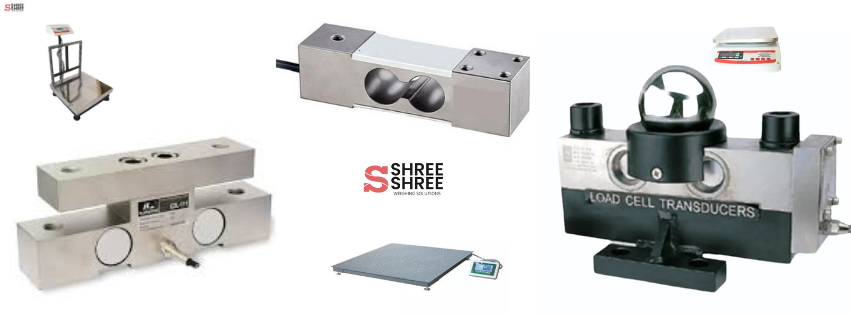The Importance of Load Cells in Electronic Weighing Scales
Load cells are heart of electronic weighing scales providing precision and accuracy needed for various applications. This blog explores crucial role of load cells in electronic weighing scales. Detailing their working principles, types. Importance in ensuring accurate measurements. It also highlights benefits of using high-quality load cells in industries such as retail healthcare and manufacturing. Provides insights into maintaining and troubleshooting these critical components.
6/5/20242 min read


In world of electronic weighing scales precision and accuracy are paramount. The core component that ensures these essential attributes is load cell. Understanding the role and importance of load cells in electronic weighing scales can help users. This appreciating their significance in various applications from industrial settings to personal use at home.
What is a Load Cell?
A load cell is transducer that converts mechanical force into an electrical signal. In electronic weighing scales load cells measure weight of object by detecting deformation of material when force is applied. This deformation causes a change in electrical resistance. It is then converted into readable weight measurement by scale’s digital display.
Importance of Load Cells in Electronic Weighing Scales
Load cells are backbone of electronic weighing scales. They provide several key benefits:
Accuracy: High-quality load cells ensure precise weight measurements. This is crucial for applications requiring exact weight readings. Examples include laboratories or pharmacies.
Reliability: Load cells are designed to deliver consistent performance over time. This makes them reliable components for electronic weighing scales used in various industries.
Durability: Depending on design, load cells can withstand harsh conditions and heavy loads. They are suitable for industrial applications.
Versatility: With different configurations available electronic weighing scales can be tailored to specific needs. From delicate measurements in jewelry making to heavy-duty weighing in construction.
Benefits of Using High-Quality Load Cells
Using high-quality load cells in electronic weighing scales offers numerous advantages:
Enhanced Precision. High-quality load cells provide more accurate measurements which is essential for tasks requiring exact weight data such as ingredient measurement in food production.
Improved Efficiency: Accurate weight readings streamline operations in industries like logistics and manufacturing. This reduces errors and increases productivity.
Cost Savings: Reliable load cells reduce need for frequent replacements and repairs. This results in long-term cost savings.
Safety Compliance: In sectors like healthcare and pharmaceuticals, accurate weighing is critical for safety and regulatory compliance.
Maintenance and Troubleshooting
To ensure longevity and accuracy of electronic weighing scales regular maintenance of load cells is essential. Here are some tips
Regular Calibration: Periodic calibration ensures load cell provides accurate readings. This process involves comparing the scale's readings with a known standard. Making necessary adjustments as needed.
Cleanliness: Keeping load cells clean and free from debris helps maintain accuracy. It also prevents damage.
Avoid Overloading: Exceeding load cell’s capacity can cause permanent damage. Always adhere to the manufacturer’s specified weight limits.
Inspection: Regularly inspect load cells for signs of wear or damage. Look for such signs as cracks or corrosion. Replace them if necessary.
Conclusion
Load cells are indispensable components of electronic weighing scales. They offer precision and reliability needed for accurate weight measurement. By understanding importance of load cells and their role in various applications users can make informed decisions. This helps them choose best electronic weighing scale for their needs. Regular maintenance and proper use ensure these critical components continue to deliver accurate performance. Load cells are vital part of any weighing system.
